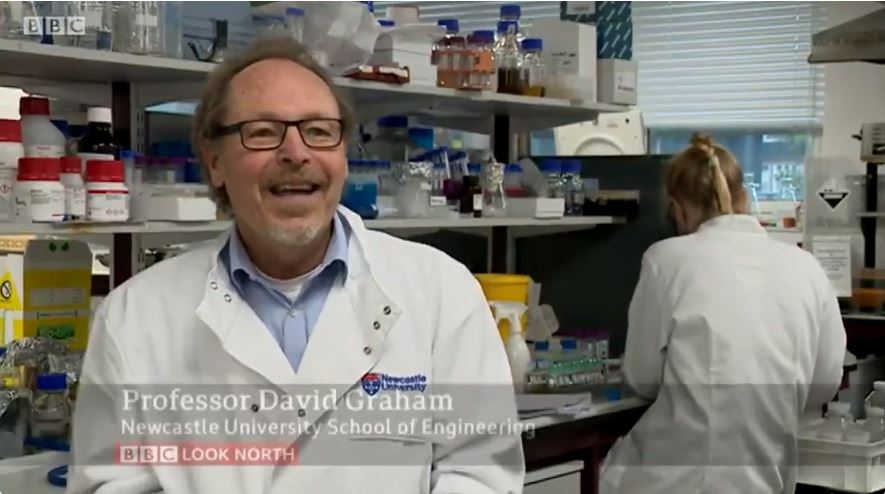Engineering and Physical Sciences Council (EPSRC) funds have been provided to sample and analyse sewage to estimate local concentrations of SARS-CoV-2 (the COVID-19 virus) across networks in Spain and North East England. The aim is to develop a way to quantify the prevalence of the COVID-19 infected individuals across the regions based on sewage data. If successful, this monitoring would help public health officials identify possible infection ‘hot spots,’ which captures both symptomatic and asymptomatic individuals across a community.
The project is being co-led by Professor David Graham and Dr Marcos Quintela, with their close colleague Professor Jesús Romalde in Santiago. They also will be working with water industry partners Northumbrian Water and Labaqua, which is part of the SUEZ corporation.

